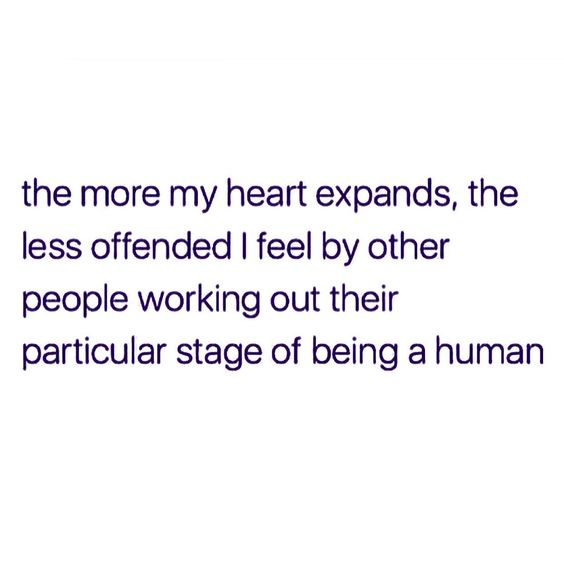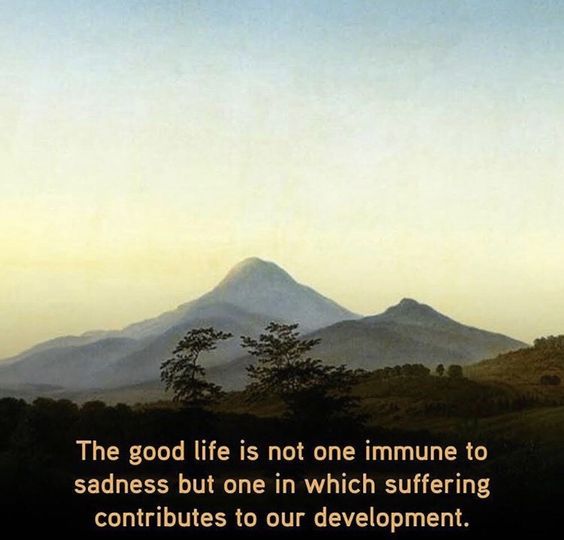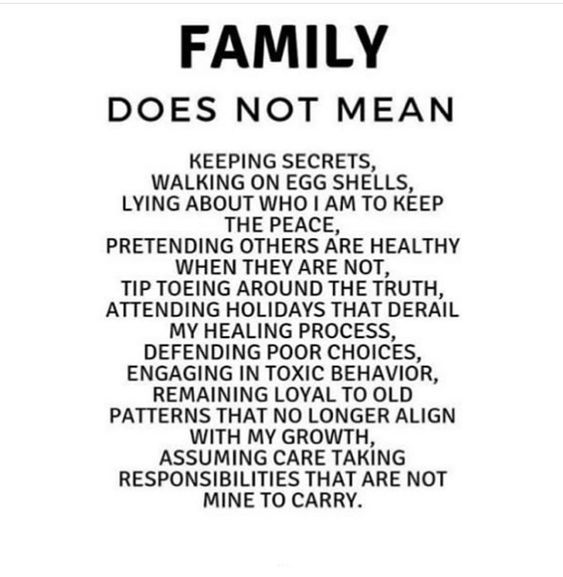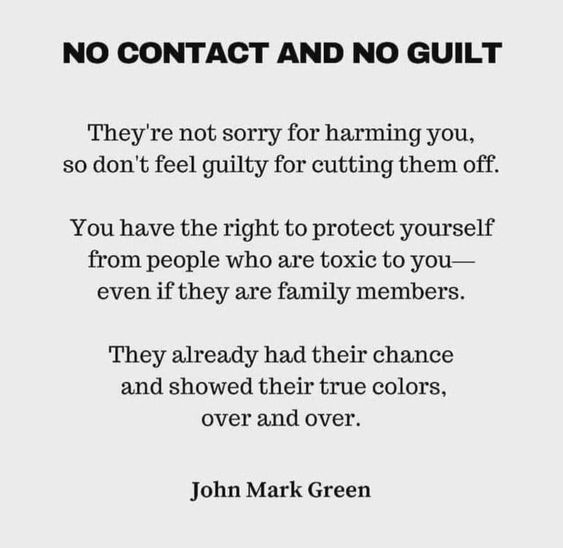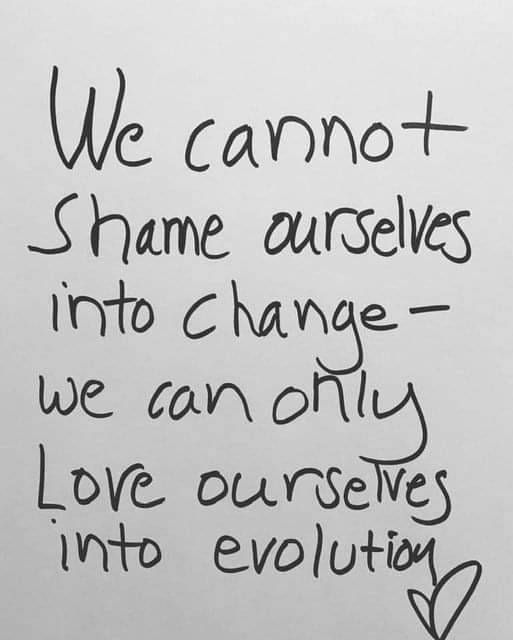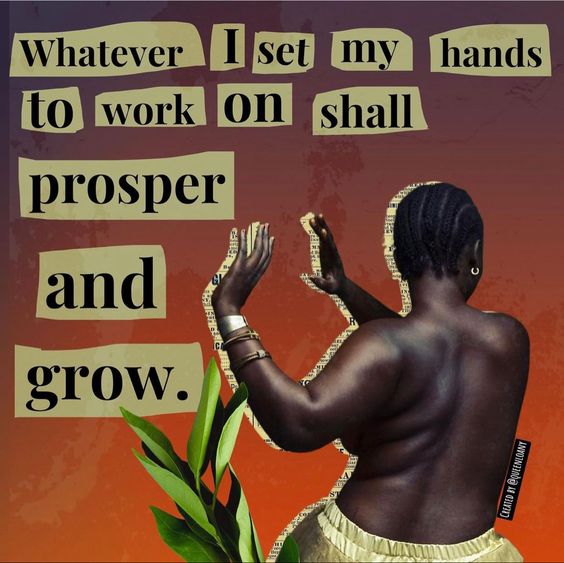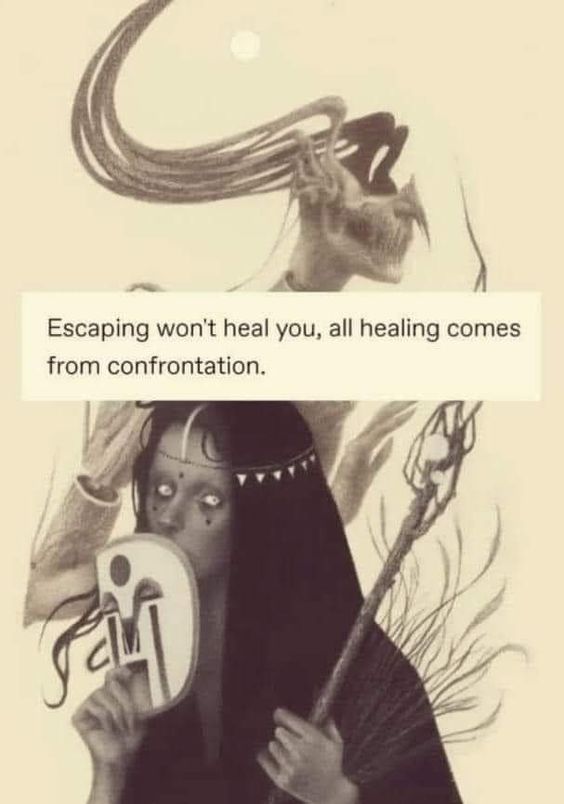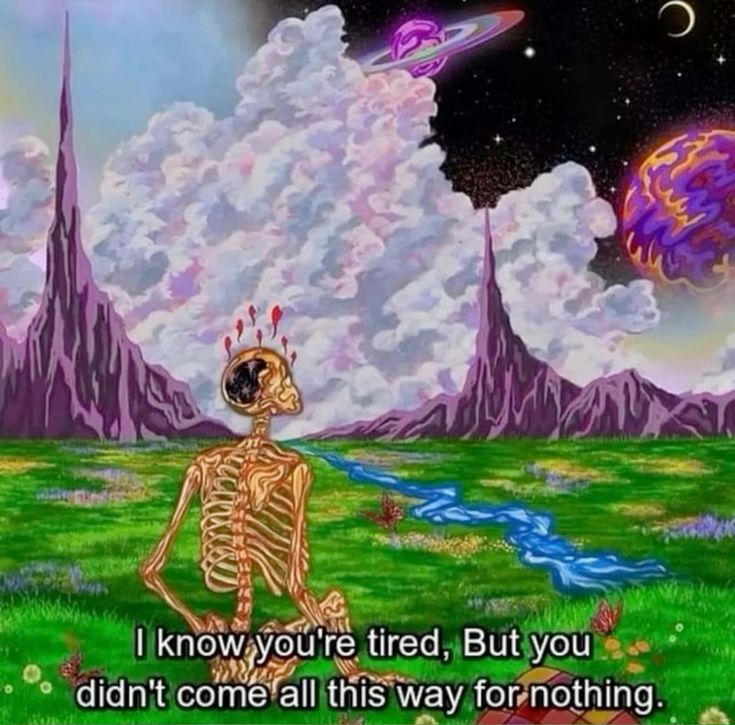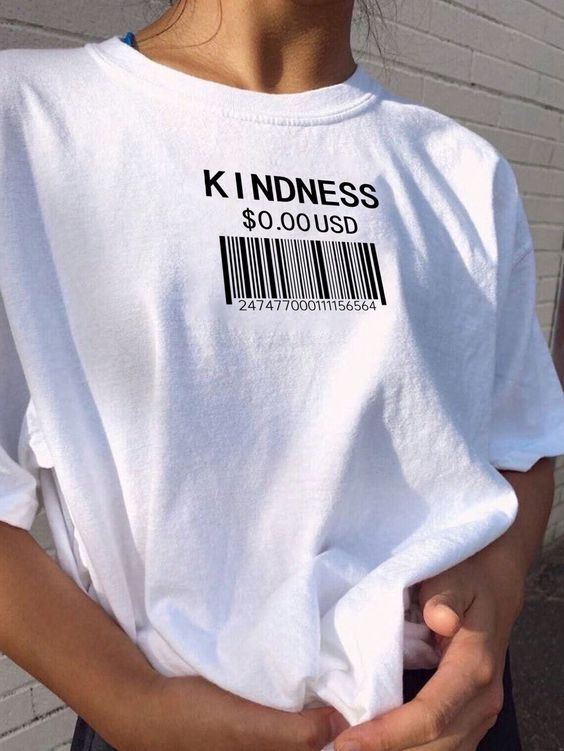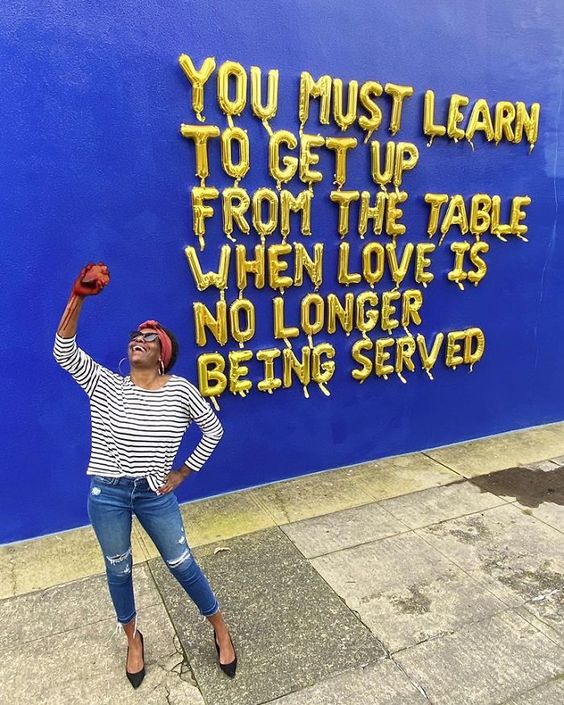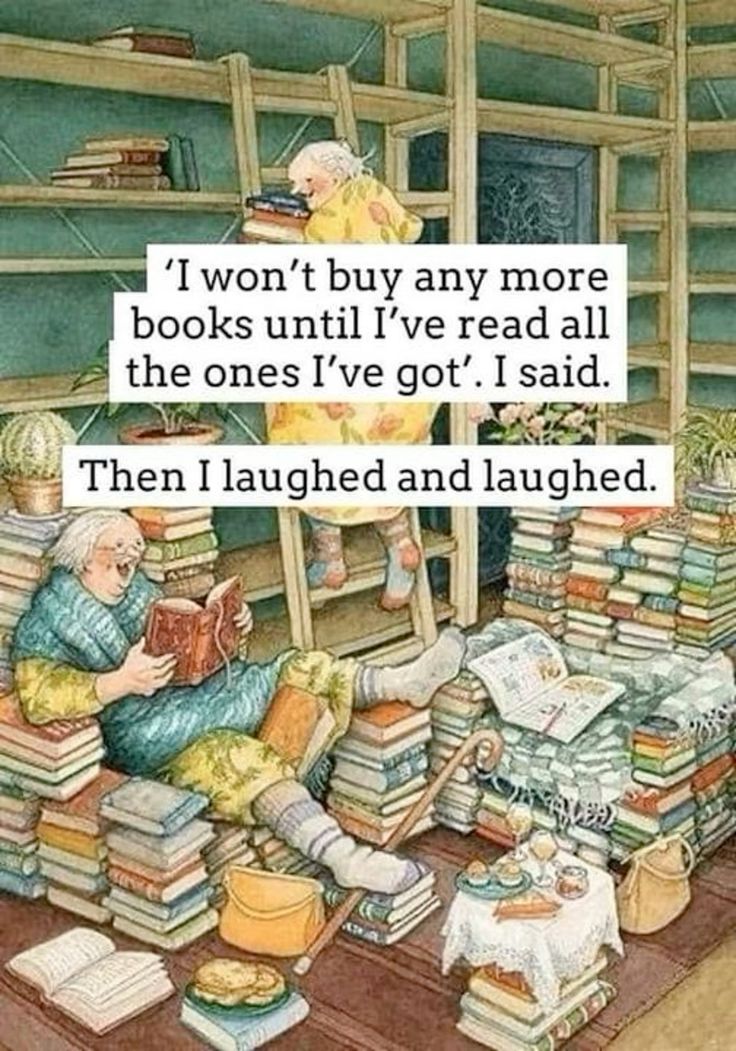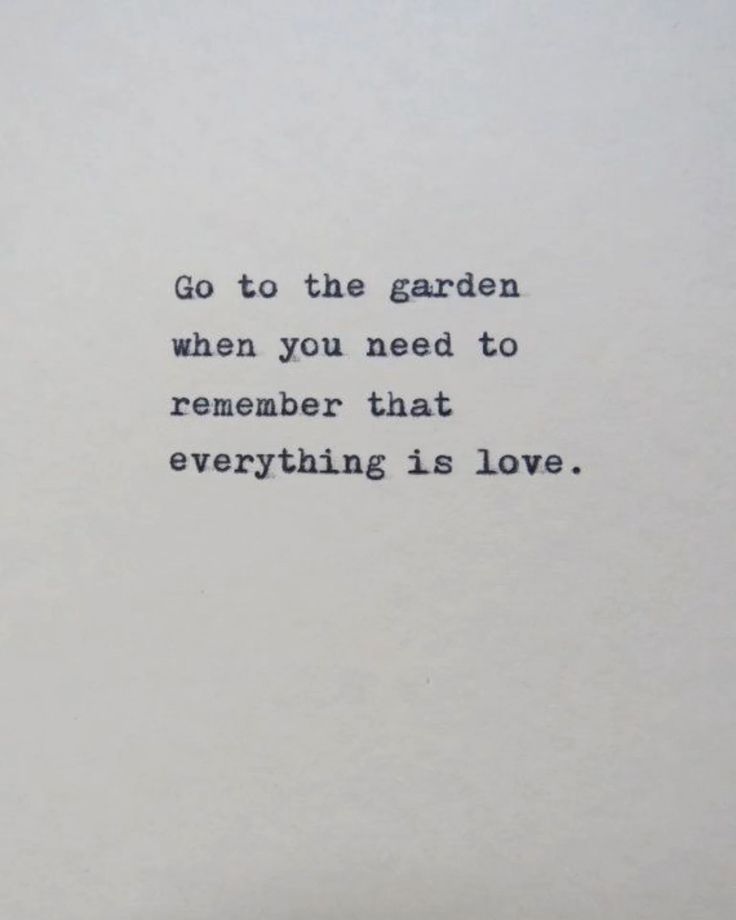“You will never find one answer to what makes you happy. There are many answers, and they change based on your current state. People need to relax, but if all you do is sit on the beach, it gets old. People find meaning in work, but if all you do is work, it gets exhausting. People benefit from exercise, but if all you do is exercise, it gets unhealthy. Happiness will always be fleeting because your needs change over time. The question is: what do you need right now?”
James Clear
The Prophet [Book]
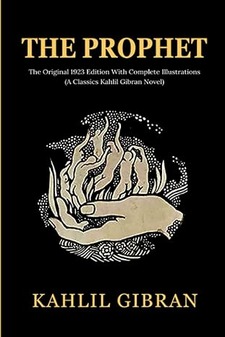
Book Overview: Kahlil Gibran’s masterpiece, The Prophet, is one of the most beloved classics of our time. The Prophet has been translated into over 100 different languages, making it one of the most translated books in history and the American editions alone have sold more than nine million copies. The Prophet is a collection of poetic essays that are philosophical, spiritual, and, above all, inspirational. Gibran’s musings are divided into twenty-eight chapters covering such sprawling topics as love, marriage, children, giving, eating and drinking, work, joy and sorrow, housing, clothes, buying and selling, crime and punishment, laws, freedom, reason and passion, pain, self-knowledge, teaching, friendship, talking, time, good and evil, prayer, pleasure, beauty, religion, and death.
Post(s) Inspired by this Book:
“It wasn’t about the money. I wanted to stay as busy as possible. I wanted to work my body as hard as it could go so there was no time to feel sorry for myself, to bind myself to a routine that would keep me grounded in the last remaining months before Peter and I left Eugene for good. Maybe I was punishing myself for my failures as a caretaker, or maybe I was just afraid of what would happen if I slowed down.”
Michelle Zauner, Crying in H Mart (Page 193)
“Most nights, after an early dinner we’d return to our hotel rooms and I’d crumple onto the bed and sleep for fourteen to fifteen hours. Grief, like depression, made it hard to accomplish even the simplest of tasks. The country felt wasted on us. We were numb to all spectacle and feeling, quietly miserable and completely clueless as to how to help each other. All I wanted to do was go home. I longed to hide in my bedroom and dissociate with the comforts of my PlayStation and its soothing farming simulation games, not wake up at six a.m. to take a van tour of another pagoda and marketplace while my father bartered for half an hour over the equivalent of a couple of USD.”
Michelle Zauner, Crying in H Mart (Page 172)
“Some restaurants keep a photo of the local reviewer in the kitchen. The thinking is that if someone notices she’s in the building, everyone can up their game. And some musicians wait eagerly for A&R person to be in the crowd. If they really kill it tonight, a record deal might ensue. The most resilient approach, of course, is to act as if. What if this is your most important post, or your last one? What if the email you’re sending is going to be forwarded to your boss? What if… We can’t know for sure. But we can act as if it’s going to happen.”
Seth Godin
“We figured that maybe if we were busy taking in a place neither of us had ever been, we could manage to forget, just for a moment, how much our lives had fallen apart.”
Michelle Zauner, Crying in H Mart (Page 171)
“It was comforting to hold her work in my hands, to envision my mother prior to pain and suffering, relaxing with a paintbrush in my hand, surrounded by close friends. I wondered if making art had been therapeutic for her, helped her navigate the existential dread that came with Eunmi’s death. I wondered if the late bloom of her creative interests had shed light on my own artistic impulses. If my own creativity had come from her in the first place. If in another life, if circumstances had been different, she might have been an artist, too.”
Michelle Zauner, Crying in H Mart (Page 168)
“False happiness [is] even worse than real sadness, because at least in that sadness there is a reality. If you are sad—but truly and sincerely sad—that sadness will enrich you. It gives you a depth, an insight. It makes you aware of life and its infinite possibilities and of the limits of the human mind, the smallness of human consciousness encountering the infinity all around, the fragile life always surrounded by death. When you are really sad you become aware of all these things. You become aware that life is not just life—it is death too.”
Osho, Everyday Osho (Page 217)
